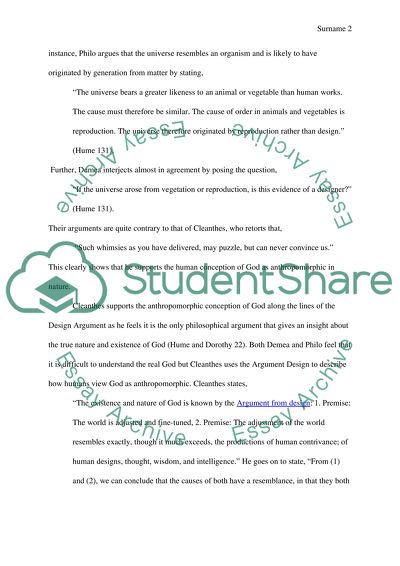Cite this document
(The Theory of Human Conception of God Essay Example | Topics and Well Written Essays - 1500 words, n.d.)
The Theory of Human Conception of God Essay Example | Topics and Well Written Essays - 1500 words. https://studentshare.org/philosophy/1645099-the-theory-of-human-conception-of-god
The Theory of Human Conception of God Essay Example | Topics and Well Written Essays - 1500 words. https://studentshare.org/philosophy/1645099-the-theory-of-human-conception-of-god
(The Theory of Human Conception of God Essay Example | Topics and Well Written Essays - 1500 Words)
The Theory of Human Conception of God Essay Example | Topics and Well Written Essays - 1500 Words. https://studentshare.org/philosophy/1645099-the-theory-of-human-conception-of-god.
The Theory of Human Conception of God Essay Example | Topics and Well Written Essays - 1500 Words. https://studentshare.org/philosophy/1645099-the-theory-of-human-conception-of-god.
“The Theory of Human Conception of God Essay Example | Topics and Well Written Essays - 1500 Words”. https://studentshare.org/philosophy/1645099-the-theory-of-human-conception-of-god.


